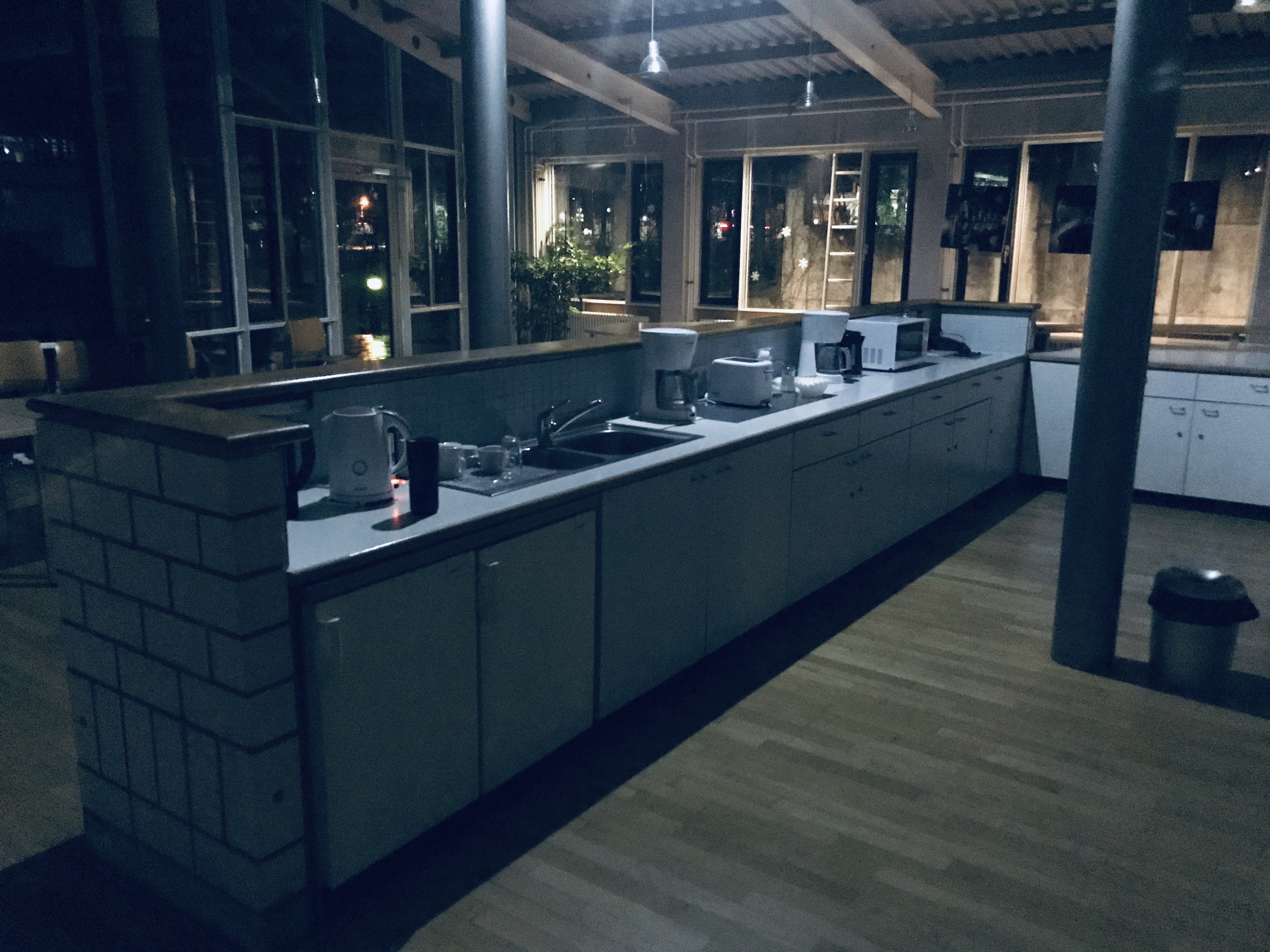♦ 🐆 3 min, 🐌 6 min
🔬 Weekly experiment 10, 2020
Hey There.A friend of mine asked me if she should travel for the weekend or stay home and do some work. A few years ago, my answer would be to work. Nowadays my answer is travel, as long as I can afford it.So often I had the option of either working or going somewhere, and I choose work. In cases where I decided to travel (because tickets were paid), I realised that if I had stayed at home working, I would have missed a refreshing journey. Sure sometimes trips end up badly. But unless we go, we never know. On a psychological level, I guess it makes sense that we rather work. If tasks are clear, we can play out in our mind how the weekend will go. With travel, we are stepping into the unknown.But we can't travel all the time. Sure travel is usually physically exhausting. But for me, trip after a week of hard work is like a reset button. Then when I come back recharged, I'm way more productive in the upcoming week. I realised that I'm way more productive at work if I'm well-rested, feed and happy with my none work life.Productivity ninja-level II
I would say you are a productivity ninja-level I if you try to be productive all day all week long. But eventually, you'll burn out. Or at least your performance will start to stagnate. OK maybe you have superhuman strangest, but I know I don't. After burn out, you recharge and step on the productivity hamster wheel again.Being super productive isn't a bad problem to have, but being at 120% all the time isn't that pleasant. We tend to mistake what productivity means to us. We finish something and jump on the next thing because the hipe of the last achievement is still flowing through our vanes.As I mentioned the last week's post, you need to decide what productivity means to you. If I plan to sleep the whole day and I do, then I'm productive. If I planed the binge-watching of the latest season of (whatever show's popular at the moment) and I do. I'm productive.But we have a limited number of hours at our disposal. 168h per week to be exact. If you subtract the sleep (8h a day or 56h a week) you're left with 112h a week. Now even if 40h goes for work you have still plenty of time left. Well at least according to the math 🙂In reality, time slips by. At least I have to make sure that I spend time recharging. Apparently, there's always more work. Oh, and work always waits. So be a Productivity ninja-level II that works in focused state for no more than 40h a week, recharges, spends time with friends and family and comes to work refreshed. In other words:Level II Productivity ninja is more productive at work because he/she ensures to get proper rest.How I try to achieve level II? You can try tracking your time in 15 min or 30 min slots for a while (at least for 2-3 weeks). Then check if you spend to much time on work, leisure or sleep for your taste. I've been tracking my time in 15 min slots for almost a year and a half now. For some reason taking down notes on what I did makes me feel calm. I looked at the data once until now. But just writing down every day what I did helps me reflect on my day and keep the balance.If you want to give time tracking a shot, a good starting point is definitely one of the books by Laura Vanderkam (I kid you not) a time management consultant:We continue next week with sub-series: Are you a productivity ninja? of series: Who am I?Small weekly experiment at a time 11, 2020
OK shifting the sleep schedule every 72h officially sucks. It can be done, but I wouldn't prescribe it. I wrote the majority of this newsletter at four in the morning because I couldn't sleep ...It's kind of weird to make black tea at 10 o'clock in the evening and then go to work:

Get notified & read regularly 👇